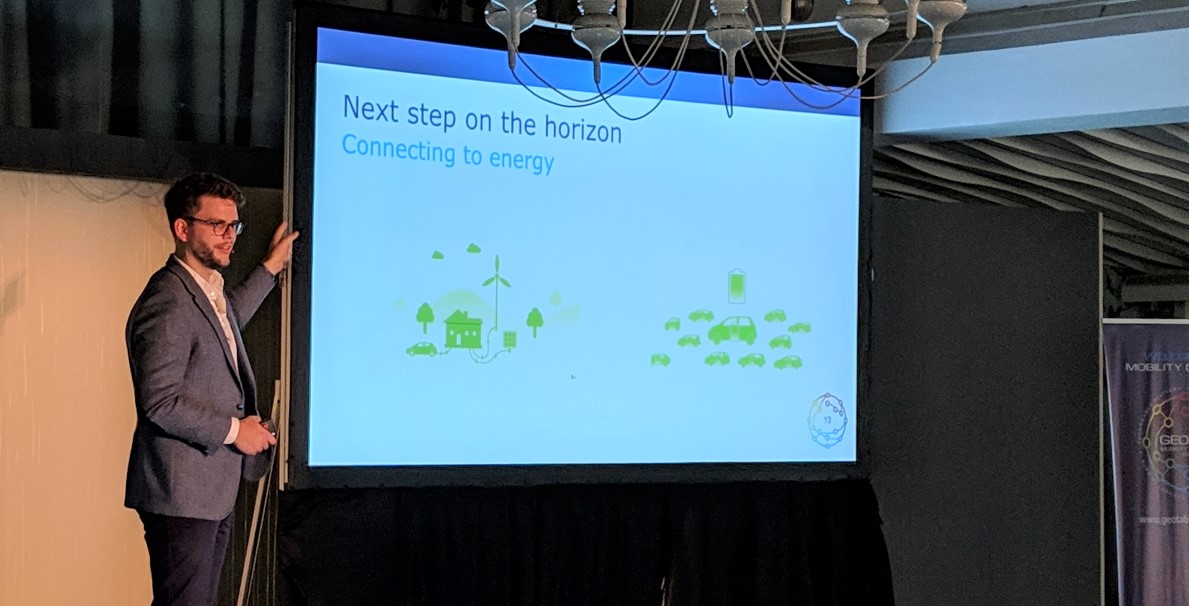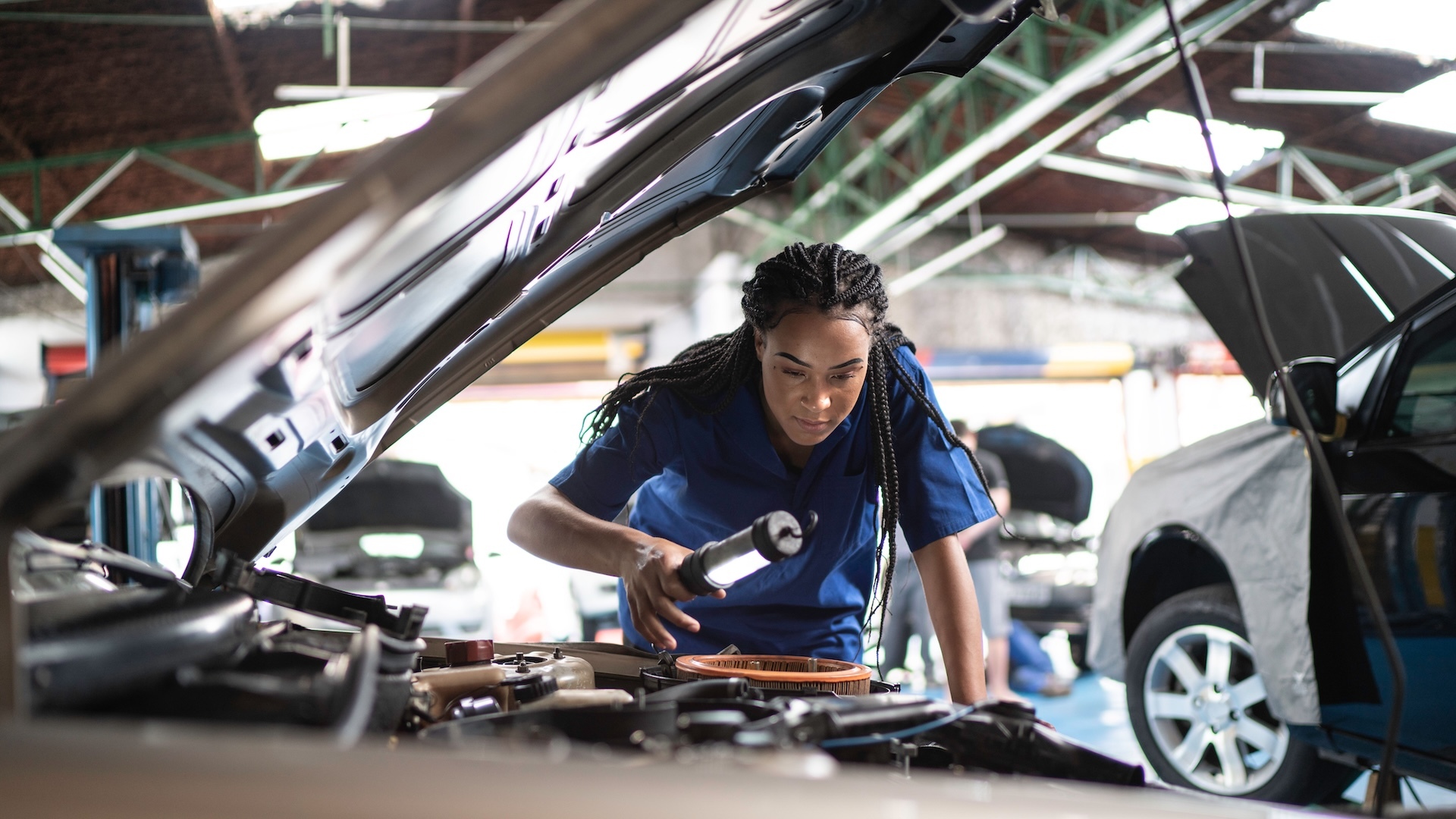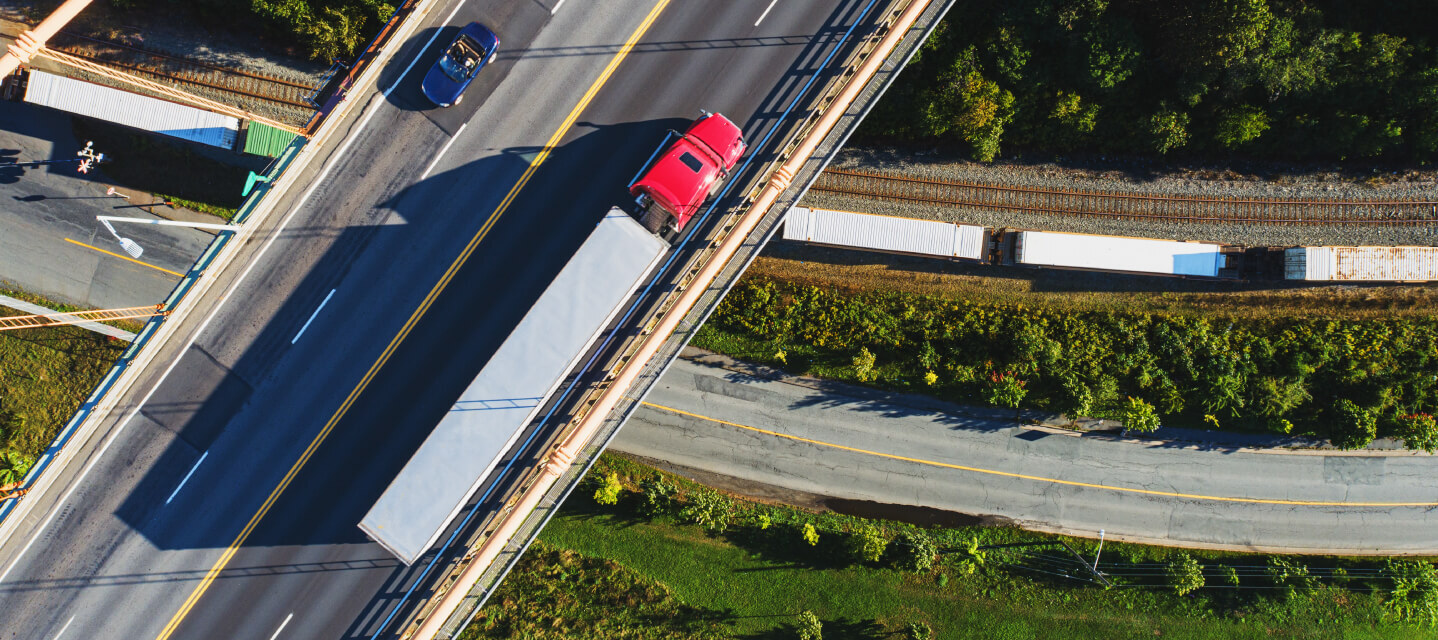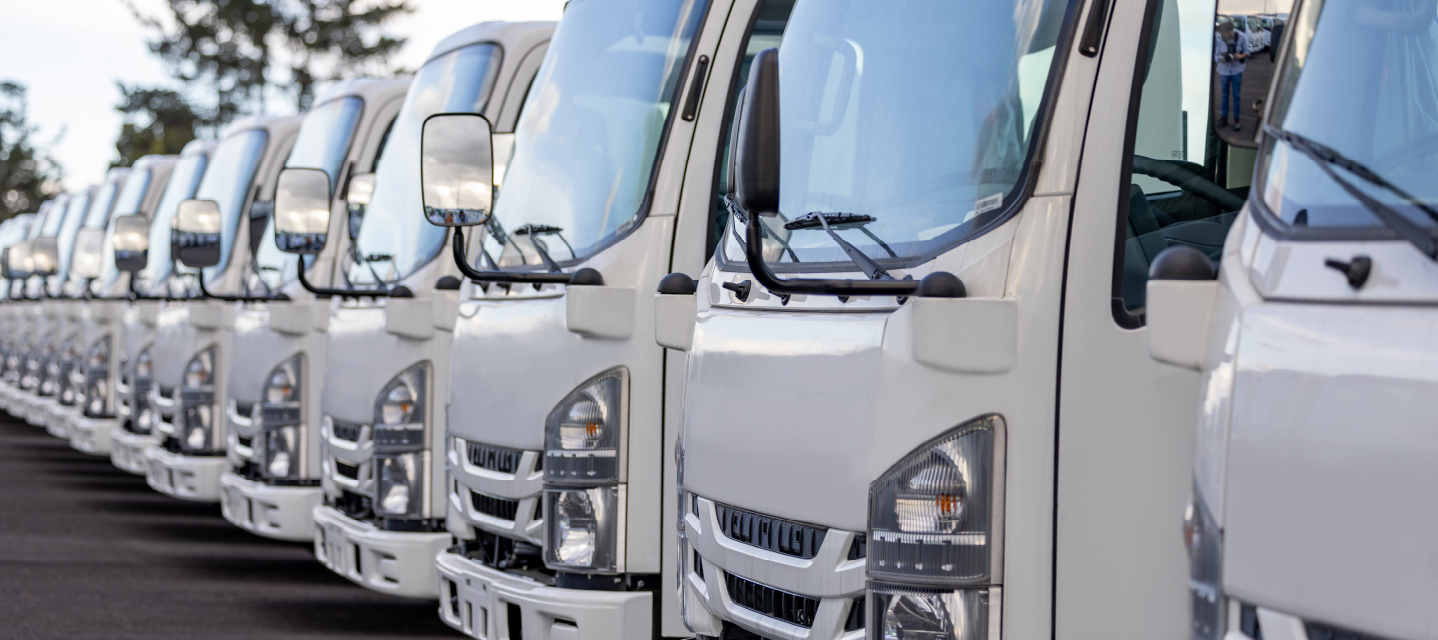GEOTAB MOBILITY CONNECT 2018 Recap
Find out what happened at Geotab's first European conference in the official GEOTAB MOBILITY CONNECT 2018 recap.

By Edward Kulperger
Senior Vice President, Europe at Geotab
Apr 24, 2023

The message was clear: The future of mobility is connected and electric. That was one of the main takeaways of Geotab’s first European Conference in Barcelona, hosted in collaboration with Fleet Europe. More than 130 people attended the event to hear speakers discuss the future of fleet and mobility trends. Read the full event summary in this GEOTAB MOBILITY CONNECT 2018 recap.
Exploring a Connected and Electric Future
The agenda included a discussion of new opportunities and challenges in the fleet industry. The half-day event followed the GEOTAB CONNECT 2018 conference in Toronto taking place earlier in the year. Keynote speakers included:
- Klaus Boeckers, Regional Manager, Germany, Austria, Switzerland, Geotab
- Mike Branch, VP of Data and Analytics, Geotab
- Edward Kulperger, VP, Europe
- Ivan Lequerica, European Solutions Engineer Director, Geotab
- Stijn Otten, Expert in future mobility and energy, Automotive Talent of the Year Award winner
- Stefano Peduzzi, European Director, Geotab
- Dirk Schlimm, Executive VP, Geotab
- Matt Stevens, CEO, FleetCarma
- Colin Sutherland EVP, Sales & Marketing at Geotab
Key Takeaways from GEOTAB MOBILITY CONNECT 2018
The conference was divided into two parts: Data and new electrification trends.
Artificial Intelligence Holds Unlimited Value for Business
Connected devices are changing the way we live and the way we do business. The number of devices, and therefore data collected, rapidly increases every day. This opens up new capabilities.
Take for example, the technology in your home. Imagine your fridge learning what you like to eat and automatically ordering those items for you. That milk or bread would be brought to your local region by autonomous vehicles and then drones would cover the last mile, delivering right to your door.
While this scenario may seem far fetched to some, it is the reality we live in today and it is only possible because of data.
Mike Branch spoke on the value of artificial intelligence (AI) for businesses. Branch explains: “We need AI to understand the great amount of data that devices collect.” For Geotab, machine learning, which is a specific area of AI, is a key tool. Geotab relies on supervised and unsupervised machine learning instead of traditional programming. This method is more efficient as there’s no need to continually write thousands of lines of code. The data insight generated is important for many different fleet use cases such as garbage trucks, long haul trucks, police vehicles and more.
Branch also took the opportunity to highlight data.geotab.com. The data platform offers free access to more than 10 intelligent datasets for smart city planning, improved productivity for businesses and safer communities. He encouraged attendees to start developing their own AI with Geotab’s help. From Branch: “AI is not a fad. It is a tool that will help you to accelerate your business.”
The Future Is Electric and Connected
According to Stijn Otten, the biggest mobility trends are: shared, electric, connected, autonomous and integrated. “I predict energy companies will move into mobility services very soon,” Otten said. The key to success for a business begins with finding the balance for what you need not only today, but also in the long-term. He highlighted that connected and electric vehicles will play the biggest role in the near future.

Access to Vehicle Data Is Critical
Dirk Schlimm gave an overview of data access and connected mobility. He compared cars to a “computer on wheels” that generates, consumes and disseminates vast amounts of data. Vehicle generated data has become the “oxygen” of the digital transportation economy and is of vast interest and value to car owners, manufacturers, dealers, aftermarket suppliers, technology service providers, insurance companies, city planners, law enforcement and others.
To stay relevant and participate actively in building the mobility environment of the future, car owners and buyers need cars with interoperable vehicle data links that allow for direct and competitive access to the data their cars generate. Access to data is required to help establish transparent and fair rules of the road to ensure efficient and competitive markets, promote consumer and business welfare, enable sustainable car manufacturing and secure technological progress.
The Importance of a Neutral Platform
The new mobility era is happening now and it’s changing the way we move. There are new demands when it comes to vehicle usage, such as shareability, sustainability, connectivity and more. To help meet these demands, an open and neutral approach to vehicle data is needed.
Stefano Peduzzi, Director of Europe at Geotab, presented the five pillars of the neutral vehicle platform: neutrality, security, openness, scale and sophistication and privacy. Peduzzi also emphasized the importance of privacy, “At Geotab, we believe having a Personal Mode to just tick the box is not enough. We worked really hard to understand the driver's privacy needs to improve our solution.”
Fleets See the Benefit in Going with Electric Vehicles
FleetCarma, a Geotab company, has been helping companies make the transition to electric vehicles. Matt Stevens discussed the close link between adoption of electric vehicles and telematics.
Although every fleet has different needs, having an open platform is critical to offer individuals exactly what they need. Based on increasing fuel costs, the environmental impact, potential cost reductions, and maintenance of fleets, Geotab’s analysis from a recent survey to 250 U.K. fleet managers found more than 89% of respondents see the benefit to electrifying their fleets.
Read the interview with Matt Stevens on how to electrify your fleet.
Think Global, Act Global and Execute Local
Colin Sutherland explored the importance of ensuring common concepts and systems when it comes to global fleet management but also localizing to ensure success. When discussing what being responsible for a global fleet means, Sutherland explored how sourcing management, environmental health, safety management, IT, security and data management as well as executive management all play an essential role.
Please subscribe at the GEOTAB MOBILITY CONNECT event page to get the Geotab monthly newsletter and receive notice of our next upcoming event.
Read more from GEOTAB CONNECT speakers:
Securing the Future of Connected Mobility
Subscribe to get industry tips and insights

Edward Kulperger
Senior Vice President, Europe at Geotab
Edward Kulperger is the Senior Vice PresidentSVP for Geotab EMEA, focusing on expanding Geotab's global footprint.
Table of Contents
Subscribe to get industry tips and insights
Related posts

How to stop wasting mechanic hours on ‘ghost codes’ and low-priority repairs
February 2, 2026
2 minute read


Telematics trends for 2026: What is changing and how fleets can respond
January 30, 2026
6 minute read
Fleet GPS tracking systems cost: Full price breakdown and ways to boost ROI
January 30, 2026
6 minute read

Fleet operations: Key components, benefits and challenges
January 7, 2026
4 minute read
.jpg)
10 best fleet management software to boost performance and cut costs
December 22, 2025
8 minute read